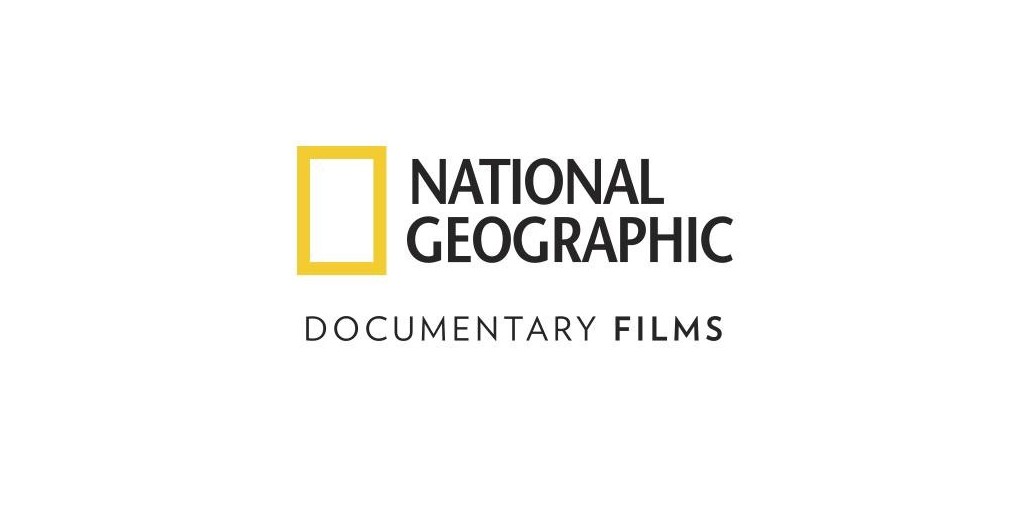 BECOMING COUSTEAU
BECOMING COUSTEAU
SYNOPSIS : Capt. Jacques-Yves Cousteau was one of the 20th century’s great explorers, a filmmaker and beloved adventurer who documented the exotic wonders below the ocean with pioneering equipment that yielded a Cannes Film Festival-winning film, two Academy Awards , and a pair of iconic and long-running television shows, “The Undersea World of Jacques Cousteau” and “The Cousteau Odyssey.” His work became synonymous with life on the sea and on his famous boat, the Calypso. He authored over 50 books on his aquatic life and invented the Aqua-Lung, advancing the boundaries of scuba diving. Yet, it was as an environmentalist that Cousteau would have his most lasting impacts, alerting the world about the warming oceans decades before the climate crisis made headlines. Instrumental in protecting Antarctica and taking part in the first Earth Summit, Cousteau’s insight into what needs to be done for the planet continues to inspire generations.
In BECOMING COUSTEAU, from National Geographic Documentary Films, two-time Academy Award- nominated filmmaker LIZ GARBUS (“All In: The Fight for Democracy,” “What Happened, Miss Simone?”) poured through 550 hours of archival material and rarely-seen footage to let Cousteau’s films, words and recollections tell his own story. BECOMING COUSTEAU shines a spotlight on the man many of us grew up worshipping yet knew very little about while introducing him to a new generation. After prospecting for oil companies to support his globe-trotting adventuring, he had a late-in-life awakening and became the first great advocate for ocean preservation.
Cousteau led a somewhat fractured family life, checkered with great loss, but he remained true to his one great love — the sea. Over 100 hours of audio journal entries, interviews and observations from collaborators and crew members add to this inside look at Cousteau. The documentary also chronicles his first wife and collaborator Simone Melchior (known aboard the Calypso as “The Shepherdess”), his family experiences, his second wife Francine Triplet, the creation of The Cousteau Society and the crucial work they do, and his evolution into one of the most important environmental voices of the 20th century, whose words and images are more vital today than ever.

CRUSADING FOR THE PLANET
Since early in his career, Cousteau sounded alarm bells for world leaders and humanity as a whole to address the planetary crisis he saw on the horizon, and he and Philippe often noted how warning signs were all around them in the water. In November 1971, Cousteau published an op-ed in The New York Times headlined “Our Oceans are Dying.” That same year he went to Washington, D.C., to testify about the sea in distress, saying, “In the past 30 years, I have been disturbed to find the original fauna of the continental shelf has been destroyed. We are facing the destruction of the ocean.”
In his 1975 film “Voyage to the Edge of the World,” chronicling The Cousteau Society’s four-month expedition to Antarctica in 1972, Cousteau described gaps in the ice and the sound of glaciers breaking from warm temperatures. “Cousteau was a huge part of the creation of the environmental movement of the 1960s and ‘70s,” says Garbus. “The myth of Cassandra is one we evoked many times as we made the film. Jacques-Yves and Philippe literally felt the waters in the Antarctic being hotter from when they were there previously. They could feel it on their bodies before anyone used the term global warming. They truly were the canary in the coal mine, telling the world, ‘We are not properly addressing this problem.’ That became such a large part of the work of The Cousteau Society, and what Jacques-Yves dedicated the rest of his life to.”
Tragically, Philippe Cousteau wouldn’t be part of that. In 1979, at age 38, Philippe was killed when a plane he was piloting crashed in the Tagus River near Lisbon, Portugal. As young boys, Philippe and his older brother, Jean-Michel, learned to dive, and Philippe studied to be a cinematographer like his father. Grief over his younger son spurred Jacques-Yves Cousteau to champion even more for environmental causes, which were so important to Philippe.
“I think Philippe’s death recentered that message for Cousteau,” says Garbus. “Philippe was very passionate about environmental protection, as was his father. But the loss of a child will, of course, change anyone profoundly, and you can see it in Jacques-Yves’ work and how devoted he became to this mission, pouring all of his heart into The Cousteau Society and its work.”
Cousteau also had to come to terms at that time with the way diving expeditions were funded in the 1950s and early ‘60s — including by British Petroleum, which used expeditions to seek locations to drill for oil on the seafloor — and the way his crew, at times, dealt with the natural world.
“In some of the early films, the cavalier attitude with which the Calypso sailors approached the undersea life and architecture haunted Cousteau later on,” says Garbus. “In BECOMING COUSTEAU, we have a clip of him speaking about watching a scene in ‘The Silent World’ in which the crew quite brutally kill a shark that had been attacking a pod of dolphins, and regretting how areas of the Red Sea were blown up to see what kinds of sea life would rise to the surface. He wouldn’t re-edit the film because it was a testament to the time, but he wanted to get the message across that he now deeply regretted those scenes.”
“Cousteau opened up this wonderful world to us, but paradoxically it became a Pandora’s box of exploration and exploitation,” continues Garbus. “In the 1950s, there just wasn’t a full understanding of environmental sciences the way there is in 2021, and there certainly wasn’t the same understanding of the effects of drilling on the ocean floor. But Cousteau did realize at a certain point that he had to stop taking that money, which is when he focused on getting money from TV to fund his explorations.”
The film also details how late in life Cousteau addressed personal issues, including Simone’s death from cancer at age 71 in 1990, and his second marriage to Francine Triplet, shortly afterward, in 1991. (Prior to getting married, Cousteau and Francine had two children, Diane and Pierre-Yves. Francine has continued to guide The Cousteau Society.)
Most affectingly, Cousteau wrestled with growing pessimism about humanity’s ability to act in time to save the environment, which existed in tandem with his hopefulness. “From the accounts of several of his friends, co-authors and crew members, there was definitely a sense of despair in Cousteau about not enough being done, but he was also encouraged because an environmental movement was born — the beginning of a climate consciousness — and he was a huge part of it,” says Garbus. “What he hoped for most was that the next generation would pick up the baton.”
In 1991, Cousteau’s tireless efforts to preserve the Antarctic resulted in a historic agreement by the United States and 26 other nations to leave that continent untouched for 50 years and prohibit mineral resource activities. In Rio de Janeiro in 1992, Cousteau and The Cousteau Society helped make possible the first United Nations Conference on Environment and Development — also known as the Earth Summit — which brought together 170 nations6 and was called “The most important conference ever on the environment.” In the official photograph from that event, seen in BECOMING COUSTEAU, the indefatigable explorer is the only person in the picture who was not a head of state.
“Jacques Cousteau was, at the time of the first Earth Summit, one of the most recognizable faces on the planet — the person Americans said they would most want to meet besides the President — and because of his influence and celebrity, he was able to bring world leaders together,” says Garbus. “An explorer who wasn’t also a TV star could not have made that happen. And Cousteau was quite aware of that; he’d get pushback for not being a ‘proper scientist.’ But he would say, ‘I’m not a ‘proper scientist’ — I’m a filmmaker, a storyteller and an innovator.’ His celebrity and popularity enabled a growing global awareness of the preciousness and precariousness of the undersea world.”
At the time of his death, on June 25, 1997, at age 87 at his home in Paris, Cousteau occupied a rare spot in the world’s consciousness. The Cousteau Society continues his mission to save aquatic life, to fight for the planet, and endeavor to protect the oceans that Cousteau loved and which he inspired others to love.
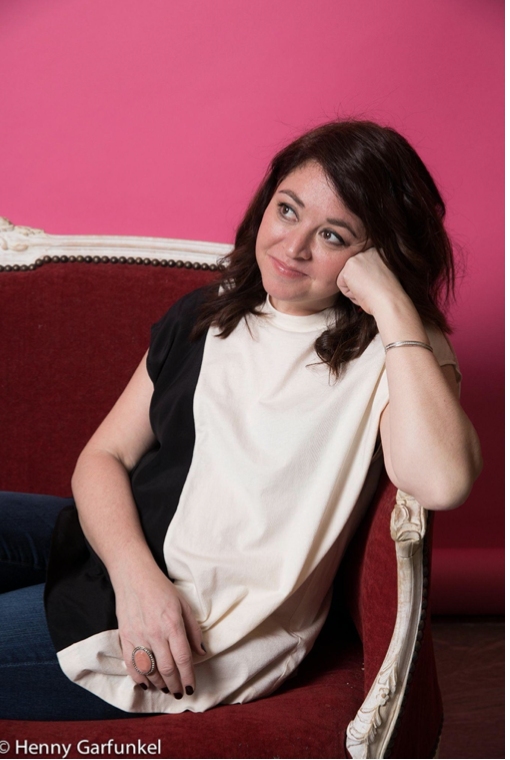
Liz Garbus, Director, Producer
Two-time Academy Award® nominee (“The Farm: Angola, USA,” “What Happened, Miss Simone?”), two-time Emmy® winner (Directing, Drama Series, and Directing, Nonfiction Programming), Peabody winner (“A Dangerous Son”), GRAMMY® nominee (“What Happened, Miss Simone?”), DGA nominee (“What Happened, Miss Simone?”) and BAFTA- nominated (“Reporting Trump’s First Year: The Fourth Estate”), director Liz Garbus is one of America’s most celebrated filmmakers, renowned for her documentary work and also for her breakthrough scripted debut. Her work has been featured in film festivals from Sundance to Telluride to Toronto to the New York Film festival and has appeared in theaters and across streaming platforms, as well as premium cable television. She is known for her propulsive, socially incisive storytelling across genres. From “The Farm: Angola, USA” to “What Happened, Miss Simone?” to “I’ll Be Gone In The Dark,” Garbus has created some of the most important documentaries of our time.
Her series “I’ll Be Gone in the Dark” premiered on HBO in June 2020. Garbus’ recent film “All In: The Fight for Democracy” premiered at the New York Film Festival, Telluride Film Festival, drive-in screenings, theaters and digitally on Amazon Prime Video in September 2020. Her narrative feature debut, “Lost Girls,” premiered at Sundance Film Festival in 2020 and was released on Netflix and in theaters in March 2020. “The Fourth Estate,” for Showtime, was nominated for a 2018 Emmy for Outstanding Documentary or Nonfiction Series. Her 2015 feature, Sundance opener, “What Happened, Miss Simone?,” a Netflix original, was nominated for a 2016 Oscar® for Best Documentary Feature and took home the Emmy Award for Best Documentary or Nonfiction Special.
Other credits include “The Innocence Files” (Netflix, 2020), “Who Killed Garrett Phillips?” (HBO, 2019), “There’s Something Wrong with Aunt Diane” (HBO, 2011), “The Farm: Angola, USA” (AA nominee, 1998) and many others.
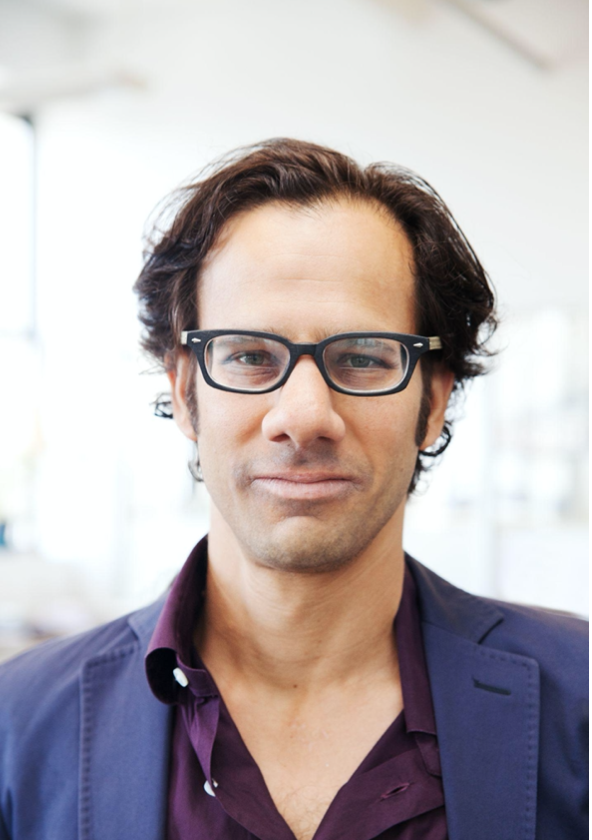
Dan Cogan, Producer
Dan Cogan is one of the most prominent non-fiction producers working today. Both an Academy Award® (Icarus) and Emmy® Award (“The Apollo”) winner, Cogan founded Story Syndicate with Liz Garbus in 2019. Previously, he was the founding executive director of Impact Partners. He has produced more than 100 films and series, including “Icarus,” which won the 2018 Academy Award for Best Documentary Feature; “Won’t You Be My Neighbor?,” which won the 2019 Independent Spirit Award for Best Documentary; “The Cove,” which won the 2010 Academy Award for Best Documentary Feature; and “The Apollo,” which won the 2020 Emmy for Outstanding Documentary.
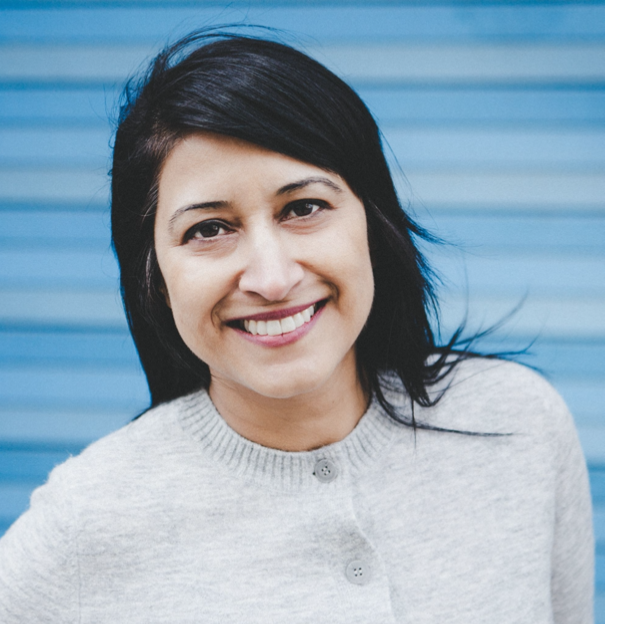
Mridu Chandra, Producer
Mridu Chandra is a New York-based filmmaker and veteran producer of award-winning documentaries and narrative films that have premiered at the Sundance, SXSW and Hot Docs film festivals; aired on PBS, HBO, Hulu and Netflix; screened for members of U.S. Congress and the United Nations; and showcased at museums and film festivals worldwide. Her documentaries explore topics of civil rights and peace, gender and sexuality, environmental justice, and the law. Her credits include producing “Ask the Sexpert,” “Out in the Night” (selected to launch the U.N.’s Free & Equal Global Film Series), “CURED” (for PBS in fall 2020), “Brother Outsider: The Life of Bayard Rustin” (winner of over 20 international awards including the GLAAD Media Award), and “Electoral Dysfunction” (featured in a four-part The New York Times op-docs series and recipient of the American Bar Association’s Silver Gavel Award).
Her expertise as an archival media researcher and clearance specialist has additionally served numerous documentaries, narrative films, and Broadway productions, including “Whose Streets?,” “Shadow World,” “Steve Jobs” (directed by Danny Boyle), “Betrayal” (directed by Mike Nichols), “This Changes Everything” (based on the book by Naomi Klein) and “Regarding Susan Sontag” (recipient of the 2015 FOCAL International Award for Best Use of Archival Footage in an Arts Program). Prior to producing BECOMING COUSTEAU, she was the founding director (2016-2019) of IF/Then Shorts at Tribeca Film Institute, where she designed, launched and managed a new film fund and distribution initiative to support the professional development and increased visibility of filmmakers working regionally across the U.S. and around the world.
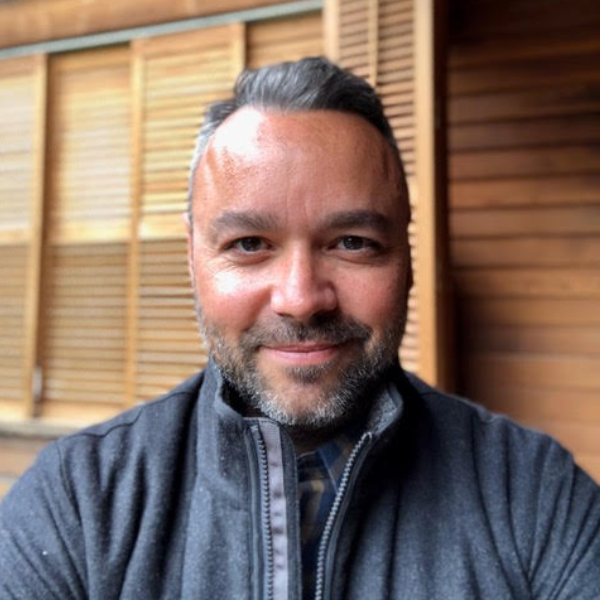
Evan Hayes, Producer
Evan Hayes is an Academy Award®, BAFTA and Emmy® Award- winning producer and a partner at ACE Content, based in Los Angeles. He has worked on over 30 films or series across a range of budgets and genres throughout his career. Hayes is currently in post-production on “The Yin & Yang of Gerry Lopez,” about the legendary surfer and directed by Stacy Peralta. He is also in production on the scripted series “Maggie” for ABC and 20th Television and two as-yet-unannounced feature documentaries. Previously, Hayes produced Dawn Porter’s award-winning documentary “The Way I See It” about President Obama’s chief official White House photographer Pete Souza, co-produced by Laura Dern, for Focus Features and NBC News Studios.
In 2019, Hayes won an Academy Award for Best Documentary Feature for producing “Free Solo,” directed by E. Chai Vasarhelyi and Jimmy Chin for National Geographic Films. In addition to winning an Oscar®, the film also won a BAFTA Award, four Critics Choice Awards, three Cinema Eye Honors awards, the TIFF People’s Choice Award and seven Primetime Emmy Awards, among others. Before joining ACE, Hayes served as president of Production at Parkes+MacDonald/Image Nation. The company made five feature films and a number of television projects during his tenure, including the documentary “He Named Me Malala,” directed by Academy Award-winner Davis Guggenheim about Nobel Peace Prize-winner Malala Yousafzai, and “The Circle,” starring Tom Hanks, Emma Watson and John Boyega.
Prior to joining Parkes+MacDonald, Hayes served as president of Production at Story Mining & Supply Co., where he oversaw the Starz original series “Outlander” as well as the feature film “The Yellow Birds.” Hayes also spent eleven years at Working Title Films, where he worked as a producer or executive on such films as “Everest,” “Les Miserables,” “Contraband,” “Tinker Tailor Soldier Spy,” “State of Play,” “Frost/Nixon,” “A Serious Man,” “Burn After Reading,” “Hot Fuzz,” “Atonement,” “United 93” and “Senna.” Before joining Working Title, Hayes worked for producer Philip Steuer and Paramount Pictures’ Financial Planning and Creative Affairs departments. Born and raised in Massachusetts, Hayes is a graduate of Phillips Exeter Academy and the University of Southern California’s School of Cinematic Arts. He is a member of the British Academy of Film and Television Arts, the Producer’s Guild of America and the Academy of Television Arts & Sciences.
CREDITS
National Geographic Documentary Films Presents
A Story Syndicate Production
In Association with The Cousteau Society
& Ace Content
In Association with Diamond Docs
A Film by Liz Garbus
BECOMING COUSTEAU
Directed and Produced By LIZ GARBUS
Written By MARK MONROE & PAX WASSERMANN
Produced By DAN COGAN MRIDU CHANDRA EVAN HAYES
Edited By PAX WASSERMANN
Executive Producer JULIE GAITHER
Executive Producers CAROLYN BERNSTEIN RYAN HARRINGTON
Co-Producers FRANCINE COUSTEAU PIERRE-YVES COUSTEAU DIANE COUSTEAU

